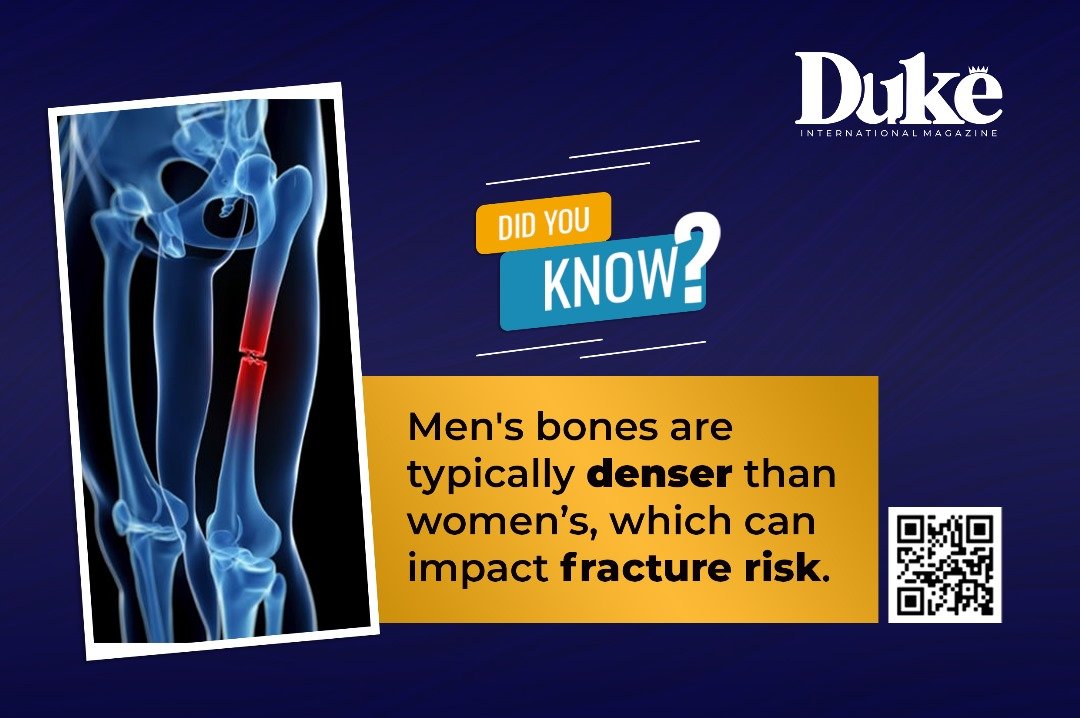Men’s bones are typically denser than women’s, impacting fracture risk and skeletal health. This fundamental difference is rooted in biology and influenced by various factors.
Key Differences
– Bone Density: Men’s bones are 20-30% denser due to higher testosterone levels, greater muscle mass, and larger bone size.
– Bone Structure: Men’s bones are thicker, wider, and have more compact bone tissue.
Why Bone Density Matters
– Fracture Prevention: Denser bones provide better protection.
– Osteoporosis Risk: Lower density increases osteoporosis risk.
– Overall Health: Bone health links to cardiovascular, muscular, and nervous system well-being.
Influencing Factors
– Genetics
– Nutrition (calcium, vitamin D)
– Exercise (weight-bearing, resistance)
– Hormones (testosterone, estrogen)
– Age (density peaks in early adulthood)
Takeaways
– Regular exercise and balanced nutrition support bone health.
– Hormonal changes impact bone density.
– Genetic factors influence individual bone density.
By understanding these differences, we can address fracture risk and promote skeletal well-being.

